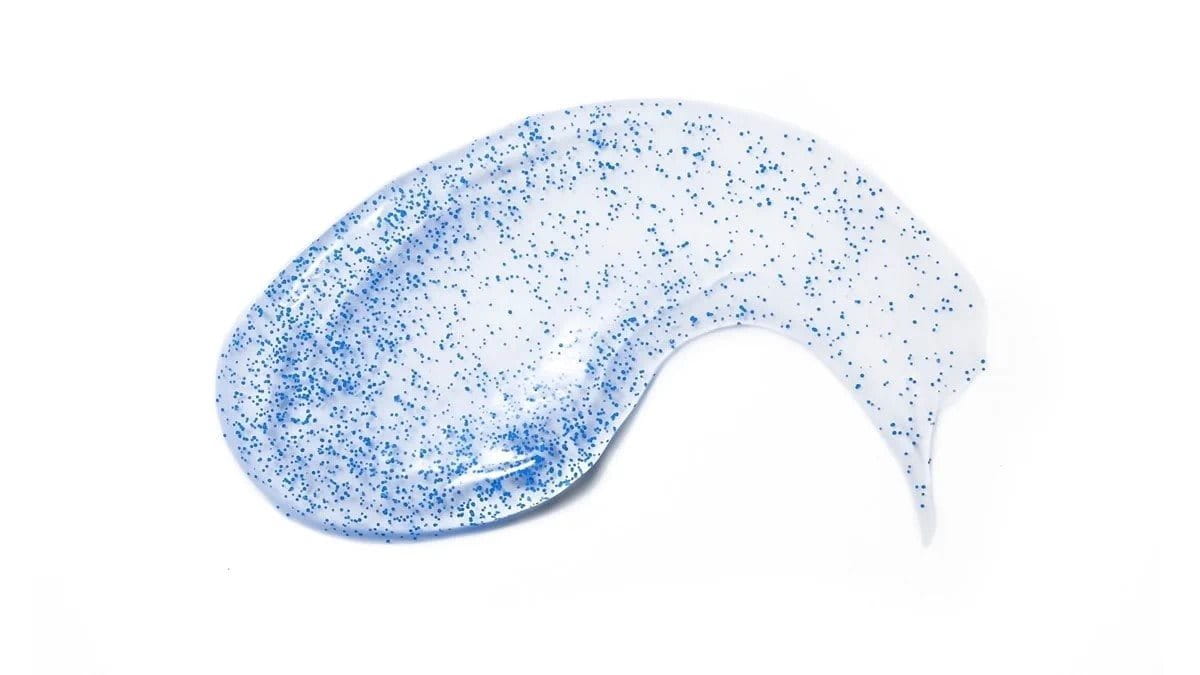The important debate about microplastics in the environment has intensified in recent years. At Beiersdorf, we identified the need for action at a very early stage, took company-wide measures to avoid microplastics and stepped up our research efforts to find environmentally friendly alternatives. Our clear ambition is to fully eliminate microplastics in all Beiersdorf product formulas and to expand the use of biodegradable polymers – in line with our sustainability agenda.

Care without microplastics
Microplastics – a complex matter with diverse causes
Public debate around the topic of microplastics is very controversial and extremely complex, as there is no internationally binding definition for the term “microplastics”. At Beiersdorf, we understand microplastics to be solid, water-insoluble plastic particles that are five-millimeters or smaller and not biodegradable. In doing so, we rely on the substantiated definition of the UNEP, the United Nations Environment Programme, thereby adhering to broadly shared scientific opinion.
It is problematic if such small plastic particles end up in the environment because they do not easily biodegrade and thus burden ecosystems. According to current research, microplastics detected in the environment come from a diverse range of sources: The vast majority of small plastic particles originate from larger pieces of plastic that have not been correctly disposed of and, due to solar radiation for example, have decomposed over time.
Other relevant sources of microplastics are particles that result from tires, paint or artificial grass abrasion, for example, as well as fibers from synthetic clothing that come loose in the wash. Smaller plastic particles from industry, such as pellets, and some ingredients in household cleaning products and cosmetics, can also be considered microplastics.
Eliminating microplastics at Beiersdorf

At Beiersdorf, we strictly excluded the use of microplastic-based raw materials for new product developments a long time ago. And since 2015, we have not used any peeling particles made from polyethylene worldwide. We replaced these “microbeads” with environmentally compatible alternatives.
In 2019, Beiersdorf reached another important milestone: since then, all of our brands’ “rinse-off” products, such as shampoos and shower gels, have been free of microplastics. The ingredients in question have been replaced with biodegradable opacifiers. With regard to our “leave-on” products, which are not rinsed off after application, we are also working intensively to replace the few remaining microplastic-based raw materials used. We are making very good progress with these formula changes: With NIVEA, we were able to achieve this goal by the end of 2021. Since then, NIVEA products are completely free of solid microplastics as defined by the United Nations Environment Programme (UNEP). Eucerin also reached this milestone for the brand's entire cosmetics portfolio at the end of 2023.
Our focus on biodegradable polymers
Our aim at Beiersdorf is to continuously refine our products and to improve their environmental compatibility in an integrated way. As part of our sustainability agenda, our ambition is therefore to use only biodegradable polymers in all our brands’ European product formulas by 2025. We believe that biodegradability is crucial in order to exclude possible negative impacts on ecosystems. Throughout the company we are therefore highly committed to the development of substitute materials, as well as the corresponding formula changes and product launches.
